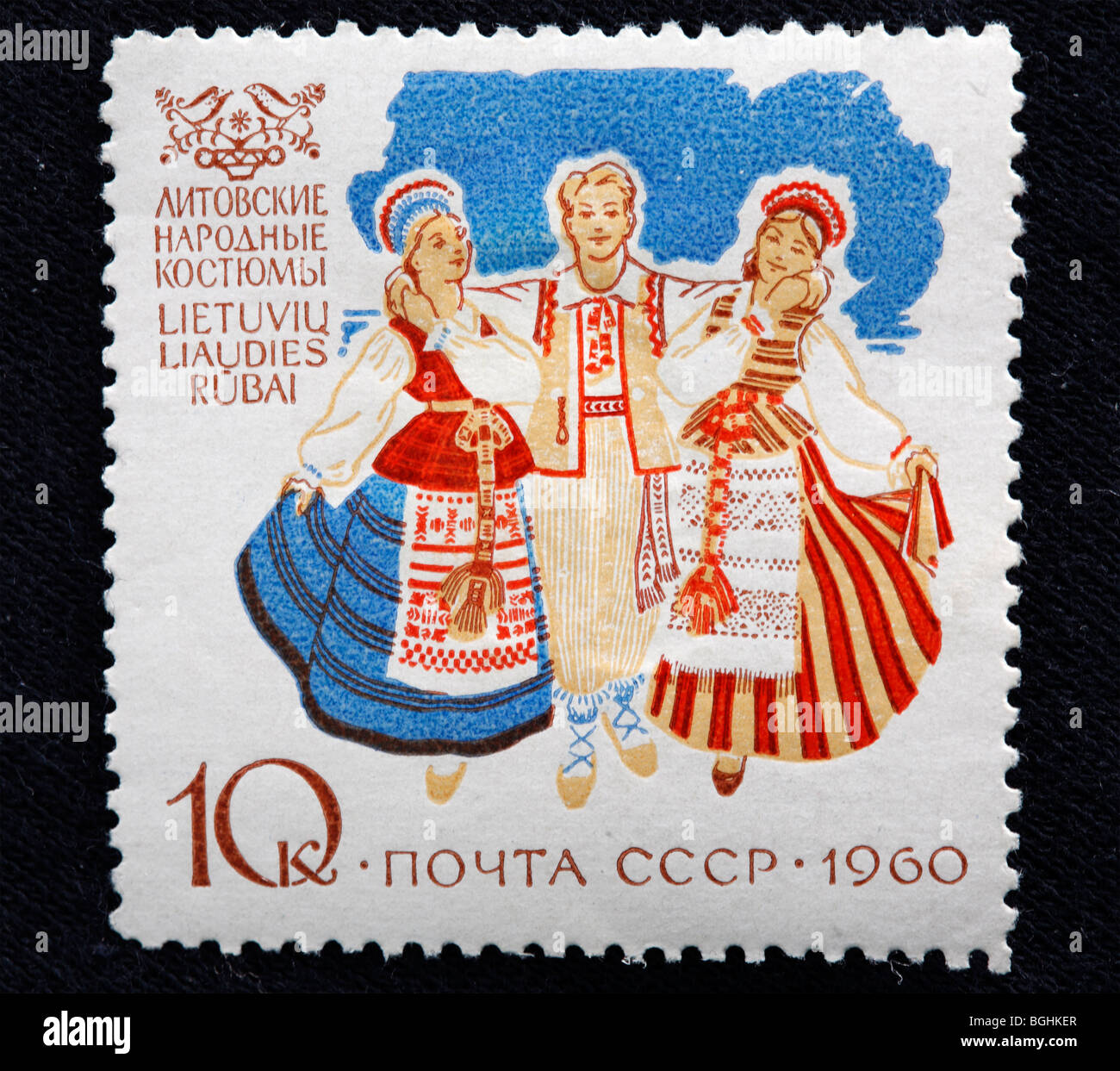I loved Gabriel Lopez’s talk. I’ve been struggling with this idea that I shouldn’t be influenced by anything, if that makes sense. Like my ideas weren’t original unless they were born on the spot, with no parentage. He told a story- many stories- that were directly oppositional to this idea.
My mother is Lithuanian. She was born in a refugee in Germany, after her parents fled Soviet occupation. My father knows and speaks little about his vaguely European background- he’s just “American”. But Lithuanians have tended to seek each other out, maybe because their culture was under siege for so long back home. I grew up in the Lithuanian community here in Seattle, which is incredibly close-knit. It has always been a huge part of my identity. For various reasons I’ve distanced myself from it in recent years but, like family, I’ll never be someone wholly outside of it.
Though my experience must have been easier, because I’m white- when Gabriel talked about not fully having a grounding in either his American or Mexican heritage, I understood exactly what he meant. I understand Lithuanian fairly well, but I don’t speak it fluently. With friends and cousins, I always felt ashamed of how American our house felt, and that we generally spoke English at home. At the same time, I spent so much of my childhood and teen years trying to hide my mother’s foreign-ness. I felt that we were dirty, that we ate the wrong foods, didn’t quite fit in. I remember trying to explain to my grandmother that I only wanted black bread and smoked fish at home, and not in my packed lunches. The first time I visited Lithuania I was six years old, and I continued to go back with my mother and sister every few years. But the first time I went as an adult, without any family to accompany or translate, I felt confused about what I was experiencing, and what I had expected it to be. I was twenty-four and spent a summer doing a language and culture program at the University in Vilnius. It was the first time I’d seen the country through my own eyes and not my mother’s. I think I was surprised to find that it had continued to evolve after the Soviet Union collapsed. It was strange to realize how incorrect my ideas were of this place I’d felt so connected to. I had expected it to feel like home, and it didn’t.
I still love it there. I love the food, I love my family, I love how flat and wet and green it is there. I love the superstitions I adhere to but don’t believe (insider tip: never whistle indoors- it summons the devil). I love the traditional art of the Baltics and Eastern Europe, the paper cutting and painting on eggshells with hot wax. These art forms are passed down from generation to generation, and it feels important to continue them, even if I’m not sure I’ll have my own children. I grew up reading and visually consuming bits of Lithuanian media, like children’s books, that had been carried over to America by my family during Soviet occupation and were completely outdated. They’re burned into my brain, as well as the soviet architecture that has outlasted its creators. I don’t think anyone who lives there could love it, but I do. I’ve come to identify not as Lithuanian, or strictly American. Whether I want it to or not, this has hugely influenced the work I make now and will make going forward. I will never be one thing or the other.
I was so grateful to be reminded that this all makes for a pretty unique point of reference. The American immigrant experience is certainly not singular to me- but being first-generation is a creative gift. We are gifted a world crystalized in the memories of our parents and grandparents, and another one that we inhabit in space in time, but can look at from the outside.


